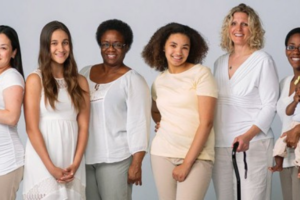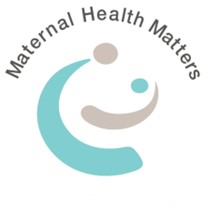Make sure pregnancy, birth and postnatal care is culturally sensitive

We need to acknowledge and accommodate that each of us come from diverse backgrounds and bring with us our own beliefs and cultural preconceptions. Because of this, genuinely connecting with a mother from a different background can be difficult; at best, she may feel there is no common ground; at worst, she may feel judged.
Look for a shared experience — we have all been at least one birth, our own —and build from there. Practice active listening so the mother feels affirmed, respected and heard.
While some cultural beliefs may go against pregnancy best-practices, ignoring them is never effective. Instead, look for ways to compromise, by exploring examples that connect with the mother’s experiences. In doing so, you respect her cultural wishes while encouraging healthier behaviours.
Being cultural sensitive achieves better pregnancy outcomes
Access to pregnancy, birth and postnatal resources is essential for helping mothers be confident. However, these resources can easily become ineffective if they are shared without considering cultural sensitivities and relevance.
Hints:
- make a point of learning about different cultural needs and discussing preferences with each pregnant woman and new mother.
- know what resources are available locally; and
- recommend a support group that caters to a mother’s ethnicity might make her feel more comfortable than one filled with women who have different beliefs, priorities and experiences.
REFERENCES
Norma Boules; Cultural Birthing Practices and Experiences, BHHP Migrant Resource Centre.
